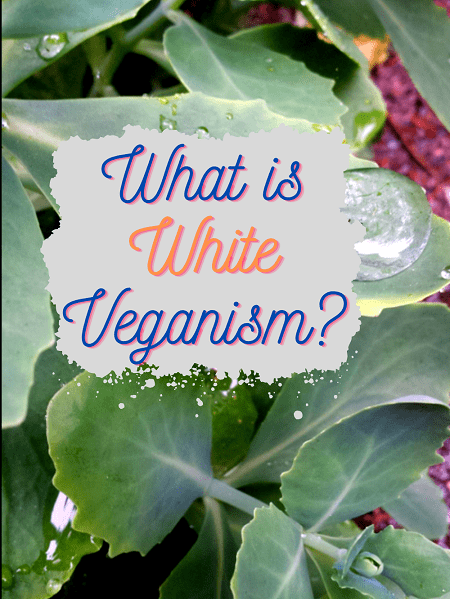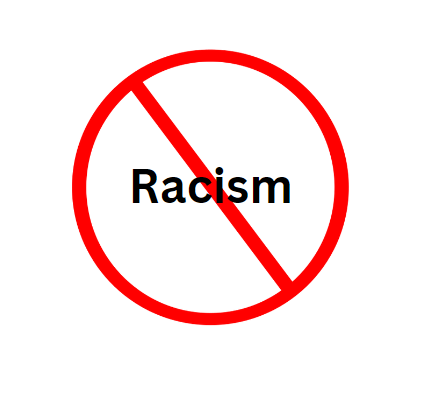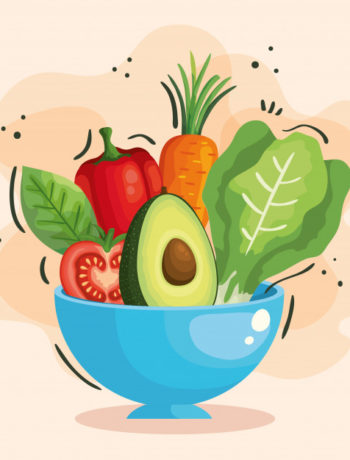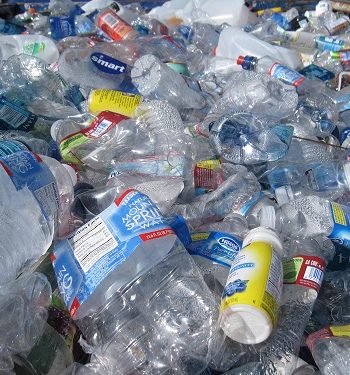Most of us are totally aware of all the types of veganism, even including industrial veganism, which some are a bit torn on the legitimacy of. However, white veganism is not really like that.
In fact, while industrial veganism and the likes of such are rather controversial topics in the vegan community, white veganism is the most controversial of all. In fact, white veganism is viewed as totally disregarding oppression.
Veganism, as a whole, looks to act against the oppression and mistreatment of animals in the process of food production. But, really, acknowledging racial injustices in vegan movements is an act that can help move towards the total dismantling of oppression in all forms.
In modern times, vegan movements are growing worldwide, and now the vegan menu is bigger than ever. With non-dairy milk becoming more popular, additional proteins are now easier to get, and people can have a plant-based diet with more ease.
However, ‘white veganism’ is becoming a problem, and it is somewhat unsettling. But… What is it exactly? And why is everyone so upset?

What Is White Veganism & Why Is It So Bad?
White veganism is basically what you get if you go on Facebook or Instagram and type in ‘vegan’, it is what will come up first. It’s ‘mainstream’ veganism.
Sure, other ethnicities play a large part in the advancements of veganism, but the mainstream veganism we see today is typically white, able-bodied, middle-class people who are fighting for animal rights.
Now, this gets even worse when it tends to disregard human oppression, or makes ill-advised comparisons.
This white veganism often refuses to see those who are not quite, female, disabled, or in poverty. There are even some ‘white’ vegans who will go way too far, comparing animal oppression to American slavery, or the Holocaust, and downplaying how important race was in these situations.
Sure, we all know animal treatment is bad, and that the lives these animals live are not worth calling life for the most part, but comparing it to totally unrelated, separate, racially specific events is absolutely beyond.
A chicken bred for its meat, and a black man living during the era of American slavery are two totally different situations, while both are horrible, they are separate and should be viewed as such. Not compared.
This is a big issue with white veganism.
Veganism & Influencer Affects
A big issue with white veganism comes in the form of popular influencers. Many people are already aware of how negative an impact uneducated influencers can be, and influencers can easily become wrapped up in fame and lose sight of the cause.
In veganism, this is no different. Vegan influencers tend to lean toward white veganism and paint the incorrect picture of veganism.
As well as the racism, and streamlining of the diet, this is also often where the vegan stereotypes come from as well. Or, at least it backs them up!
Blatant Racism

Blatant racism? Really? Well, it would seem so! White veganism totally disregards how meat and dairy industries are colonial legacies, charging in on a high horse and believing that white popularization of plant-based diets just moves the unethical production of a food from meat to plants.
(Palm products are a great example of this!)
White veganism fights against the meat industry, which is totally fair, but often totally disregards the actual welfare of those who produce the food in the first place.
You see, many of these products also come from farmers in the southern hemisphere or immigrant farmers who work in the northern hemisphere.
There are some who do put in the effort to purchase goods only produced locally, however, still indigenous farmers worldwide now become exploited for foods that were produced moderately before.
This includes avocado, chickpeas, coconut, cashews, and so on. These have gone from moderate production to mass production to meet the needs. (Let us not forget the effect that mass production has on the land as well!)
Veganism & A Fight For Justice!
White veganism is essentially a phrase that refers to a type of veganism that focuses solely on the liberation of animals but ignores colonization effects.
Veganism is typically portrayed by social media influencers, often able-bodied and white, who get large followings. But, it is traceable back to the beginning of veganism.
Even then there were groups who focused on a world where humans do not exploit non-human animals. Of course, we all want this, who wouldn’t want this? However, the outlook perceived by those who are worried about ‘white veganism’, is that there is an issue in wanting to prevent the exploitation of animals, but totally ignoring the oppressive effects this has on certain groups of people, who are often non-white individuals.
My Thoughts
The phrase ‘white veganism’ is probably incorrect, better wording could be used here. I have given the facts here, what the world is screaming about, but honestly, the truth is that perhaps in our fight to do better and eat better, everyone should be included.
Sadly, social media does make that difficult, as one cannot dictate which social media vegan posters will become the most prominent.
I think the message sent by the term ‘white veganism is simply that while we try to do better for the animals of our world, we should not forget the farmers and workers behind our meals.
FAQs:
Is Veganism Classist?
In a sense, yes. Low-income individuals and families struggle to afford specialty foods, and plant-based foods can often come with more expenses.
What Race Is More Vegan?
Research has shown that more African Americans are turning to a vegan diet than white people are.
What Is The Most Extreme Form Of Veganism?
Fruitarianism is the most extreme form of veganism. If you maintained this for a long time it could make you deficient in many vital vitamins and nutrients.




No Comments